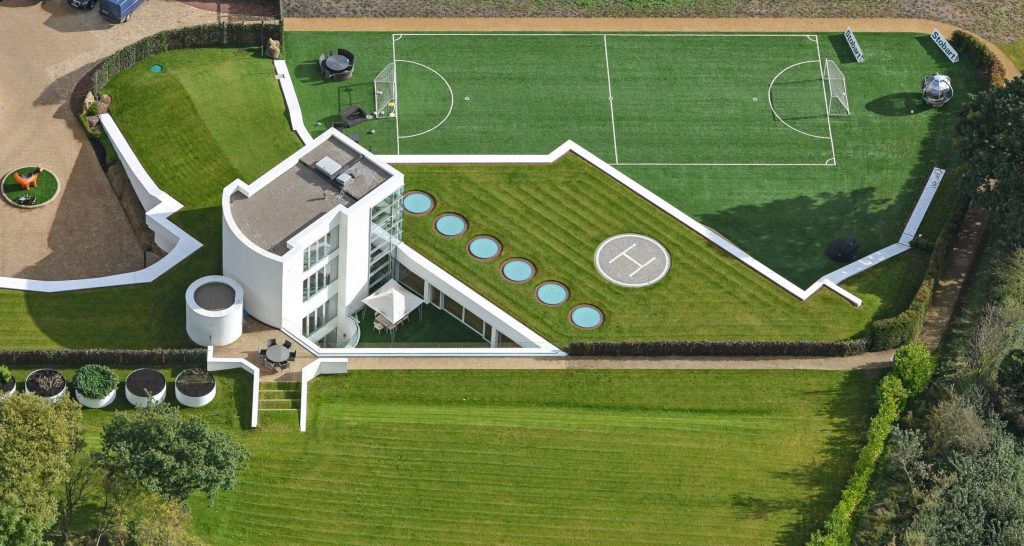
The heart of the United Kingdom beats not only in its bustling cities and picturesque countryside but also beneath its surface. The nation’s property market is open to more than just the above-ground dwellings we see every day. It extends deep into the underground, where a fascinating and sometimes overlooked market thrives. In this exploration, the local estate agents in Norfolk unearth the hidden gems of the UK’s underground property market, from historic bunkers to luxurious basements. As we delve into this intriguing underground world, you’ll discover how these unique spaces are reshaping how we think about UK property.
Underground Spaces: A Hidden Treasure
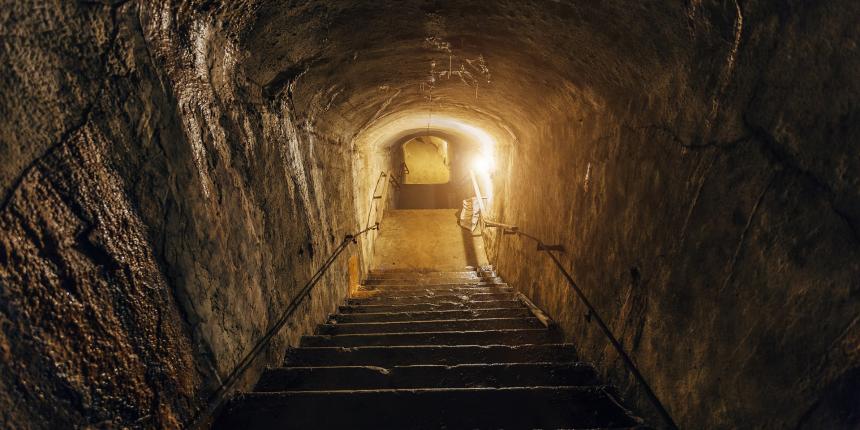
The UK’s underground property market encompasses a wide range of spaces repurposed or designed for modern living. While they may not receive the same attention as traditional houses, they offer a unique allure and present exciting opportunities for homeowners, investors, and adventurers alike.
1. Historic Bunkers
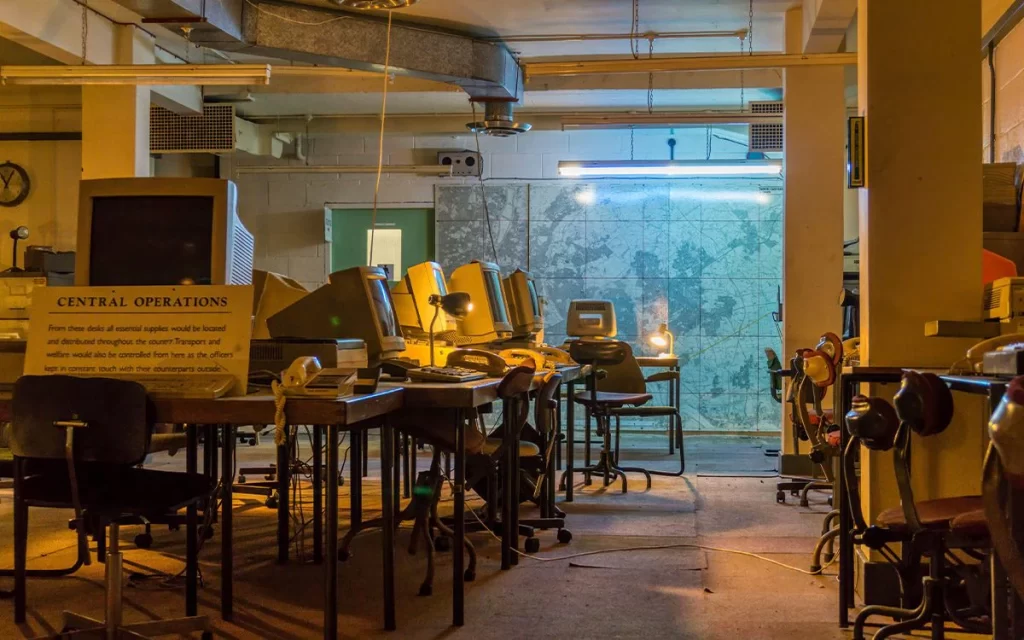
Historic bunkers are a testament to the past in a nation with a rich history of wartime resilience. These underground structures, often built during World War II to protect citizens from air raids, have found new life as quirky and secure homes. Renovated bunkers offer a unique blend of history and contemporary living, with their thick walls providing an added sense of security and insulation. Imagine residing in a space that once served as a vital part of the nation’s defence, now transformed into a cosy and private residence.
2. Luxurious Basements
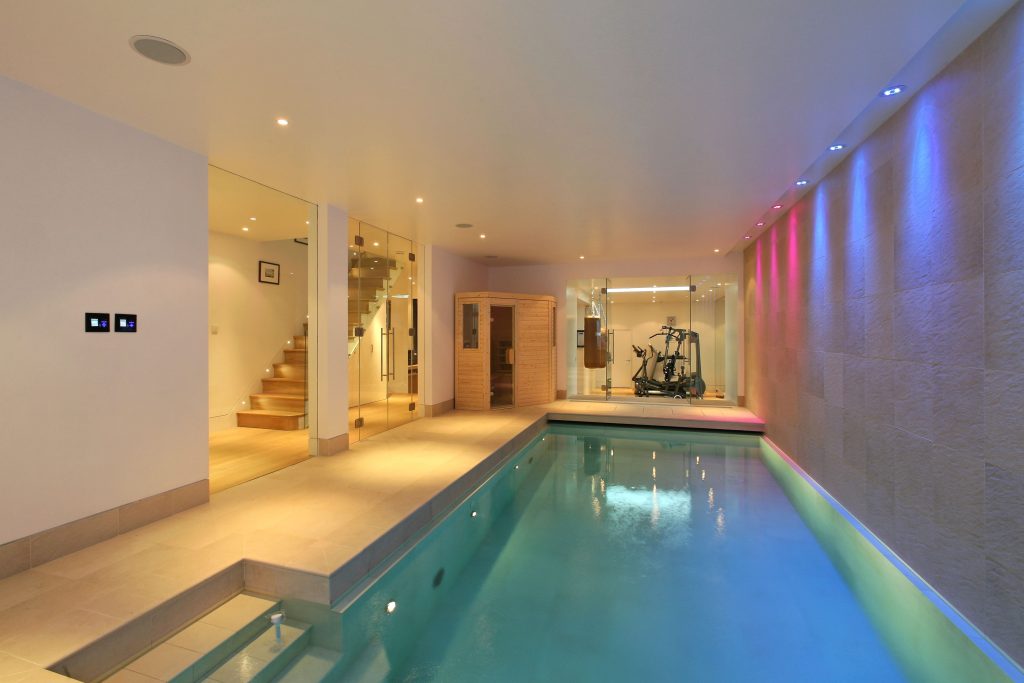
Luxury knows no bounds in the UK, not even the limits of the ground’s surface. Expanding downwards to create spacious basements has gained popularity among affluent homeowners. These subterranean levels house everything from home theatres and wine cellars to swimming pools and gyms. The allure of a basement is its versatility, offering homeowners the opportunity to tailor the space to their desires, all without altering the character of the property’s exterior.
3. Converted Caves
In certain regions, notably in parts of Wales and Scotland, natural caves have been converted into homes. These unique properties provide a living experience like no other, with their cool and constant temperatures and the soothing sound of underground streams. Living in a cave home is a remarkable fusion of modernity and nature, offering both an eco-friendly and unconventional lifestyle.
The Underground Advantage
What drives the growing interest in underground properties? Beyond their historical charm and novelty, these spaces offer several advantages to their popularity.
1. Space Utilization
In densely populated urban areas where every inch of land is valuable, underground properties provide a solution to space constraints. Basements and bunkers, in particular, allow homeowners to expand their living space without altering the building’s footprint. This efficient use of space can be a game-changer in cities like London, where property comes at a premium.
2. Energy Efficiency
The Earth’s natural insulation properties benefit underground properties. They tend to maintain a relatively constant temperature throughout the year, reducing the need for extensive heating or cooling systems. This contributes to energy efficiency and lowers utility costs, making underground living an environmentally friendly choice.
3. Privacy and Security
For those seeking privacy and security, underground properties offer a unique advantage. Thick walls and limited access points make these spaces highly secure. They provide a sense of seclusion and tranquillity, shielding residents from the noise and chaos of the outside world.
The Challenges of Going Underground

While underground living has its perks, it has its challenges. Prospective buyers or investors should be aware of the following considerations:
1. Planning and Regulations
Converting or building underground properties often involves navigating complex planning regulations and permissions. Working closely with architects and legal experts experienced in underground developments is essential to ensure compliance with local laws.
2. Natural Elements
Underground properties can be vulnerable to groundwater, flooding, and dampness if not properly designed and maintained. Adequate waterproofing and ventilation ensure these spaces remain habitable and safe.
3. Limited Natural Light
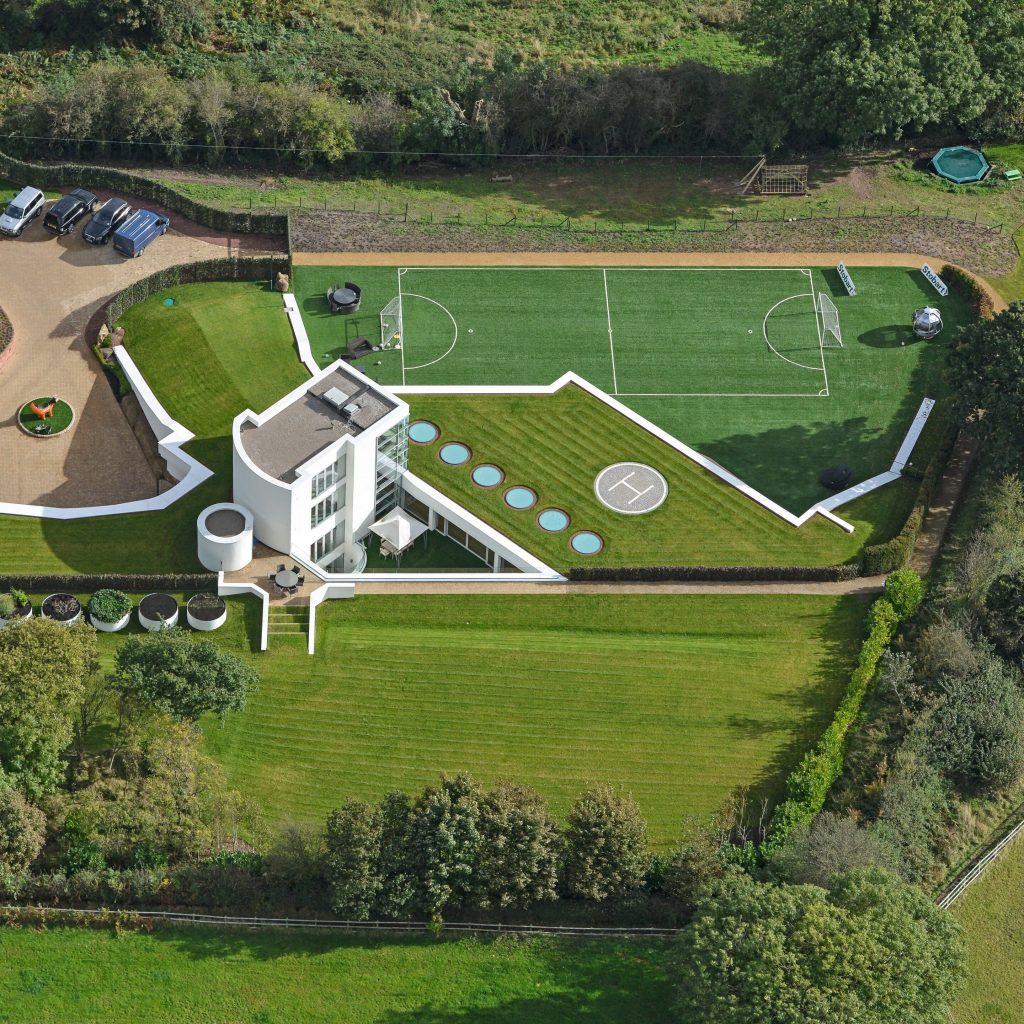
Naturally, underground properties receive less natural light than traditional homes. Adequate lighting and ventilation solutions are essential to create comfortable living spaces.
The Underground Future
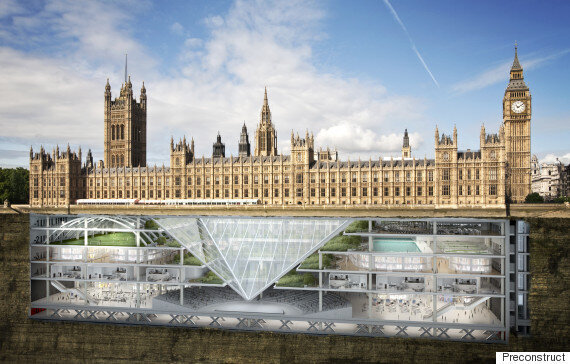
As property markets continue to evolve, the UK’s underground property market is gaining recognition and momentum. With innovative design and a focus on sustainability, these underground spaces are reshaping the real estate landscape. From eco-conscious cave dwellings to opulent basement extensions, the UK’s underground property market is a fascinating sector that’s here to stay.
In conclusion, exploring the UK’s underground property market unveils a world of hidden treasures. Whether you’re captivated by the history of bunkers, the luxury of basements, or the natural beauty of cave homes, these underground spaces offer an alternative way of living that’s unique and practical. As more people recognise the potential of subsurface properties, they are becoming a significant part of the UK’s real estate market, offering exciting opportunities for those looking to invest in the unconventional and the extraordinary.




